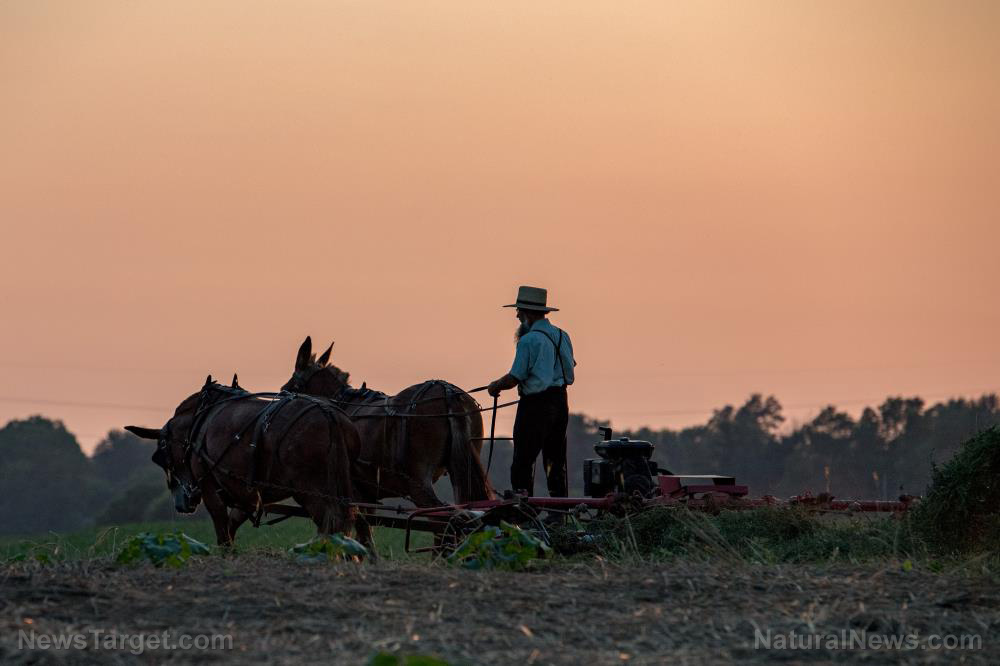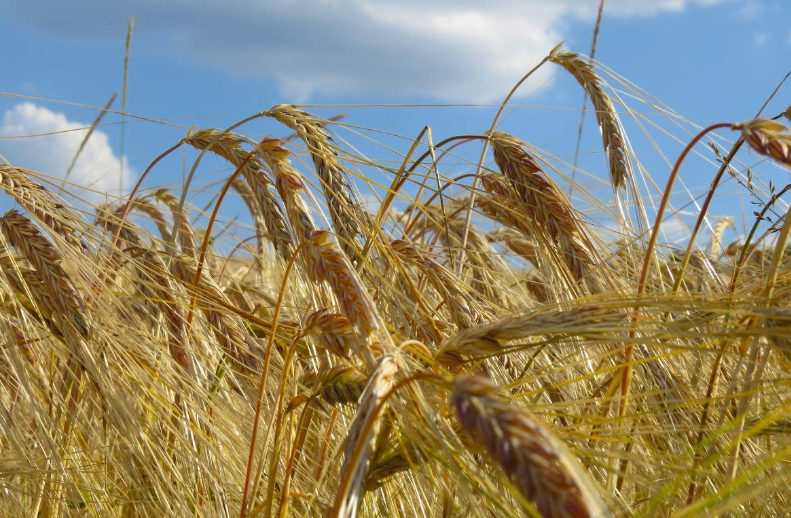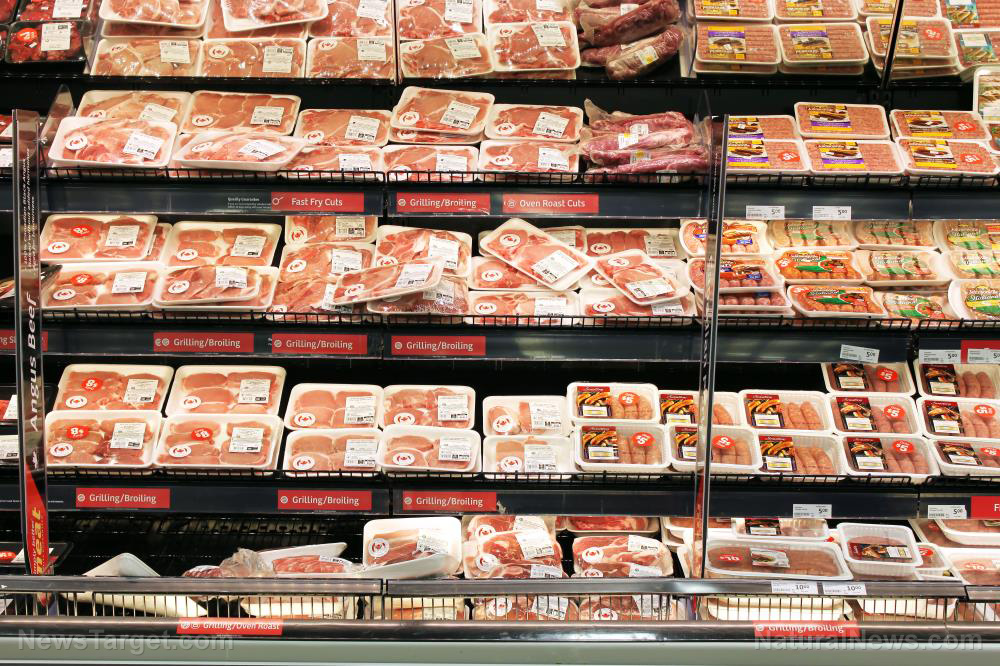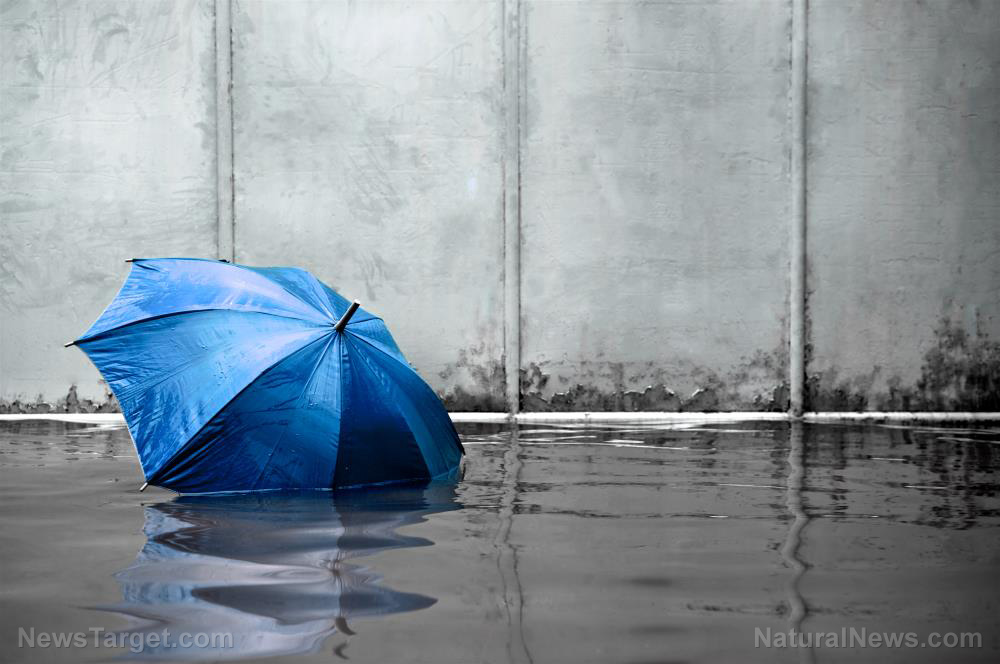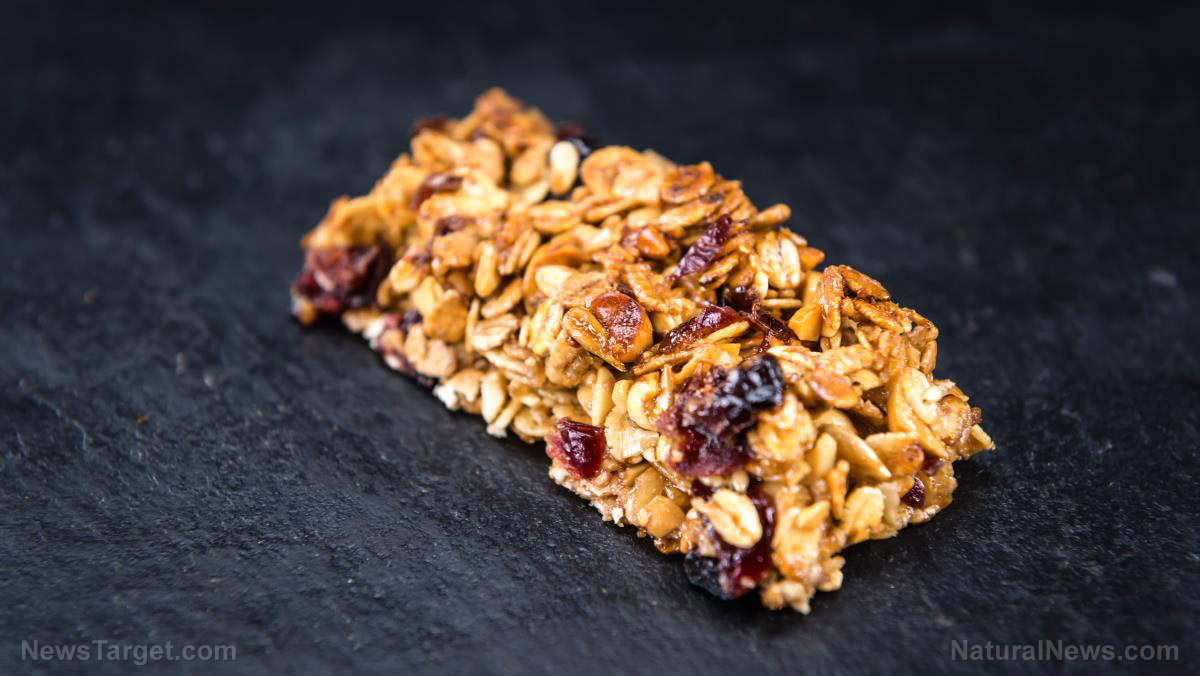
Every good prepper knows how important it is to have an emergency supply of food in case they ever find themselves in a real-life survival situation. Truth be told, however, stocking up on food actually requires much more thought than simply going to the supermarket and filling your cart with everything and the kitchen sink. Last month, AskAPrepper.com compiled a list of the top survival food items that you should always have in your home in preparation for a large-scale crisis scenario. (Related: Here are ten affordable food and nutritional items that you can stockpile before a big crisis hits.)
1) Baby formula
Think you can skip this item, just because you don't have a baby? Not so fast! This one is important even if you don’t have a little one at home. Baby formula was specifically made in such a way that it provides the human body with everything that it needs to survive; this is why infants are able to live exclusively on baby formula without water or solid food. Protein powder can be used as a replacement if you are adamantly against baby formula for some reason, but if you do decide to stock up on baby formula, be sure to use clean or sterilized water to reconstitute it.
2) White flour
White flour is a must for your survival food stockpile. Not only does it have a high amount of protein, but it also lasts for years without going bad, meaning that there’s really no rush to consume it. As an added bonus, you can combine white flour with some water and salt to make bread using wild yeast.
3) Coconut oil
Coconut oil also has a long shelf life and is a ready source of fat for whenever you need a boost of energy. Furthermore, coconut oil doesn’t taste horrible unlike many other survival foods, and with a bit of sugar and cocoa powder, you can make coconut oil truffles with no cooking required.
4) Salt
It’s important to keep in mind that your body really doesn’t need much salt to survive. The reason why it’s on this list is not for eating, but for food preservation. In a survival situation, if you’re able to get your hands on a slab of meat after a day’s worth of hunting, all you need is salt and you can keep it from spoiling. For obvious reasons, this can be an extremely important technique if you ever find yourself in a survival situation.
5) Home-canned vegetables, fruits and meats
The reason why home-canned vegetables, fruits and meats are such an important thing to include in your survival food stockpile is because after you’re done eating, you have something very valuable: A canning jar. While buying canned food from the supermarket will help you survive a short-term emergency, knowing how to can your own food will get you through a longer, more serious survival situation.
6) Dried fruits and meats
In addition to being lightweight and versatile, what makes dried fruits in particular such a great addition to your stockpile is the fact that they help keep your digestive system healthy in a crisis scenario. Things like raisins or prunes are great foods to keep in your home.
7) Peanut Butter
Peanut butter is full of protein and fats that will keep you satisfied for quite some time after finishing a meal. If it is stored in fully sealed containers it can remain on the shelf for years without going bad, and as Natural News pointed out in a list of fifty food items that you should stockpile to prep for SHTF, peanut butter is also portable and easy to carry from place to place.
8) Vitamins
Vitamins are inexpensive and help to maintain a nutritional balance. Additionally, because of the fact that most supplements contain more than the recommended daily amount of key vitamins, just a single pill per person per week can result in a dramatic improvement to their health.
9) Granola
Granola is a great survival food to stock up on because it not only has roughly 700 calories per cup, but because it’s also nutritionally balanced. Notably, granola is also light, portable, and has a long shelf life. Granola can also be used for cooking, assuming that you have access to cooking appliances.
10) Dry beans and rice
Beans and rice are a great way to store calories and nutrition in a survival situation. For about $20, you can buy a 5-gallon food storage bucket, the contents of which will feed you for a month.
Sources include:
Please contact us for more information.
















